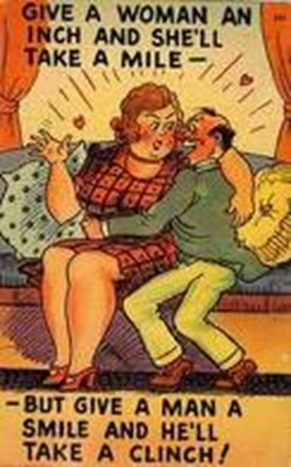
By John Helmer in Moscow
The Evraz steel group, the large Russian steel group owned by Roman Abramovich and Alexander Abramov, is negotiating an undertaking to build a new steel rolling-mill in Kazakhstan, according to an announcement by the Kazakh deputy minister of industry, Berik Kamaliev.
The capital cost is 18.6 billion tenge ($127 million), Kamaliev is reported to have said, adding that the local partner for the steelmaking venture is the Caspian Group, an Amsterdam-registered, Kazakh-owned holding, which also operates the Kaspi Bank of Kazakhstan.
The proposed location of the new mill is Kostanai, in northeastern Kazakhstan. The site is about 200 kilometres east from Magnitogorsk, but more than five times that distance from the Evraz coking coal mines and primary steel mills of the Evraz group, in the Kemerovo region to the northeast.
Alexei Agureyev, the Evraz spokesman, declined to confirm the details or explain what value to Russia the cross-border investment in Kazakhstan, Evraz’s first in that country, may have. “We are considering the development of this project,” he said, implying that no final decision has been made. It is believed the Kazakh partner in the proposed project would be responsible for supplying Kazahkstan-sourced iron-ore and coking coal required for the mill.
Heavily indebted, and subject to bank covenants limiting new asset acquisitions or new debt, Evraz is likely to require its lenders’ permission to enter the new project. Evraz is also under pressure from the Kremlin for safety violations that caused the May 8-9 explosions and loss of 90 lives at the Raspadskaya coalmine in Kemerovo. In parallel, the Federal Antimonopoly Service (FAS) is investigating Evraz for steel price-rigging.
On May 24, when the FAS head, Igor Artemyev, reported to Prime Minister Vladimir Putin on the opening of this investigation, he said: “Last week we launched an anti-trust investigation into Evraz Group for setting high, monopolistic prices. We are currently examining the entire production chain, from the raw iron ore to iron ore pellets, metallurgical coal and metal, including rolled metal and other finished products. The issue of greatest concern is that the pricing is based on inadequate assessments of global markets and trends. Therefore, expenditures and costs are exaggerated. The distribution systems often include intermediaries, so-called trading houses. We are currently investigating the distribution system for the metal production industry. We often find companies that resell finished goods that can be bought at a factory with a 20% to 30% mark-up.”
It appears that neither the Prime Minister nor the FAS knew at the time that Evraz was considering spending $127 million on new steelmaking in Kazakhstan. That the prime minister has a concern about the spending and investment priorities of Evraz has been clear since Putin was given a guided tour of one of Evraz’s two steelmills at Novokuznetsk in March of 2009. At the time, according to the Prime Minister’s website, Evraz’s board chairman, Alexander Abramov, explained that the company was trying to conserve Russian steelmaking jobs by introducing a four-day work week. “The five-team working schedule makes it possible to involve the greatest number of workers at production workshops”, Putin was reportedly told.
When Putin next addressed Abramov, along with co-controlling shareholder of Evraz, Roman Abramovich, at a video conference on May 17 of this year, Putin appeared to be critical of the way in which Evraz’s corporate spending was being directed. The conference had been called to deal with the fatal explosions at the Raspadskaya coalmine earlier in May; Evraz is co-owner of the mine.
“Allocations for safety arrangements have been growing,” Putin said. “They have increased nine-fold! And I cannot but ask what is the money allotted for labour safety being used for. What is it spent on? On the safety of what labour and whose labour? Are these funds enough to ensure safety, given that coal production has been growing? Honestly, safety equipment is not expensive at all. In fact it’s cheap.”
Putin also referred to the earlier coalmine disaster at Ulyanovskya, which is also owned by Evraz through its Yuzhkuzbassugol subsidiary. That is the worst coalmine disaster on Russian record. Putin revealed: “The investigation into the accident at the Ulyanovskaya coalmine in March 2007, which claimed the lives of 110 people, must not be repeated. I’d like to remind you that the technical investigation revealed that the administration of the mine developed a computer programme to deliberately disable alarm equipment. The specifications mention 42 people aware of this. However, only two secondary targets of the investigation – mechanics of some kind – were brought to justice.”
When Putin met with Artmeyev of the FAS to discuss the investigation of Evraz’s financial operations, he concluded with the hint that steel pricing and offshore trading schemes, which remove profit from Russian tax and Russian investment, might be unpatriotic. “Everyone should feel responsible for their country”, Putin said, according to the official transcript.











Leave a Reply